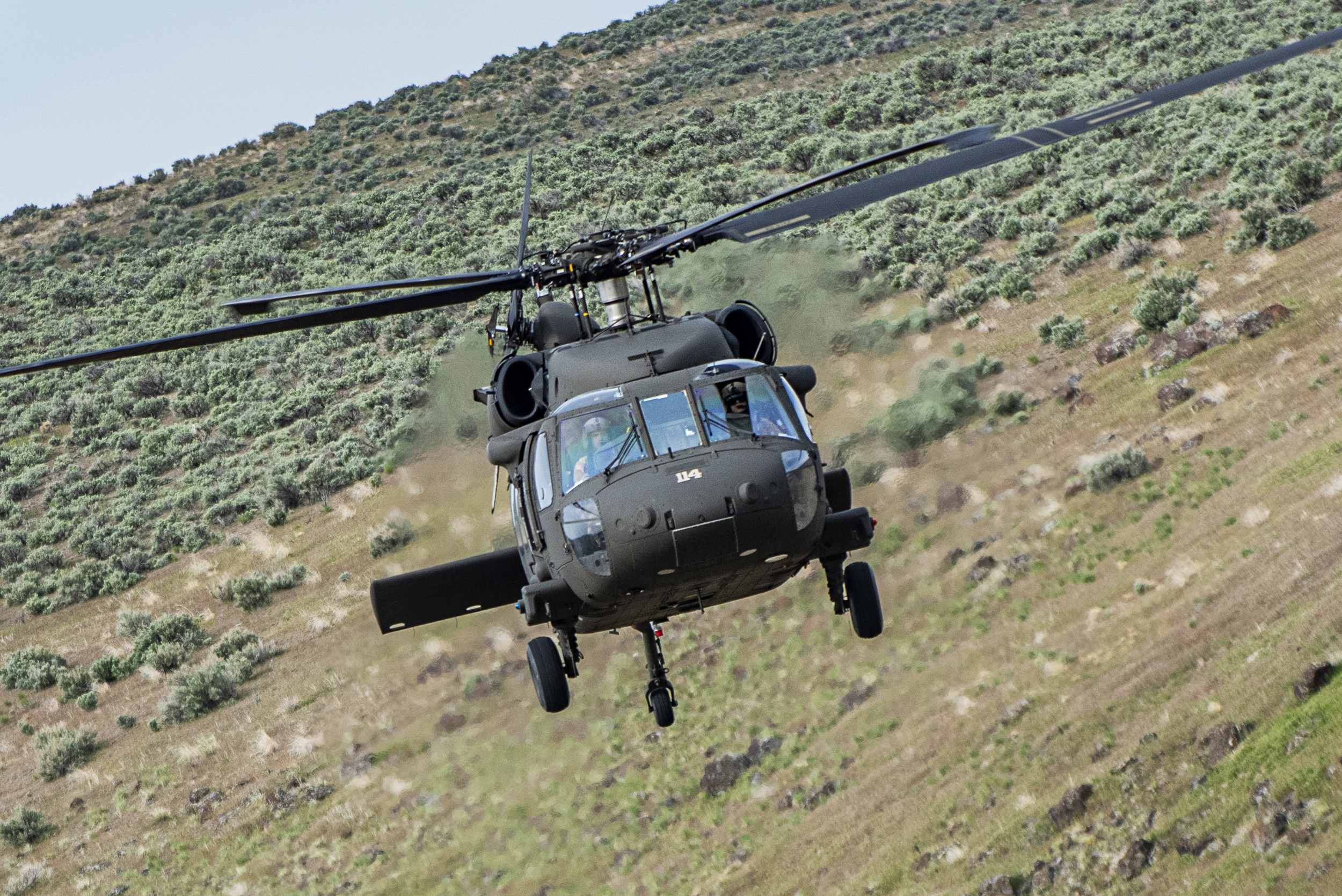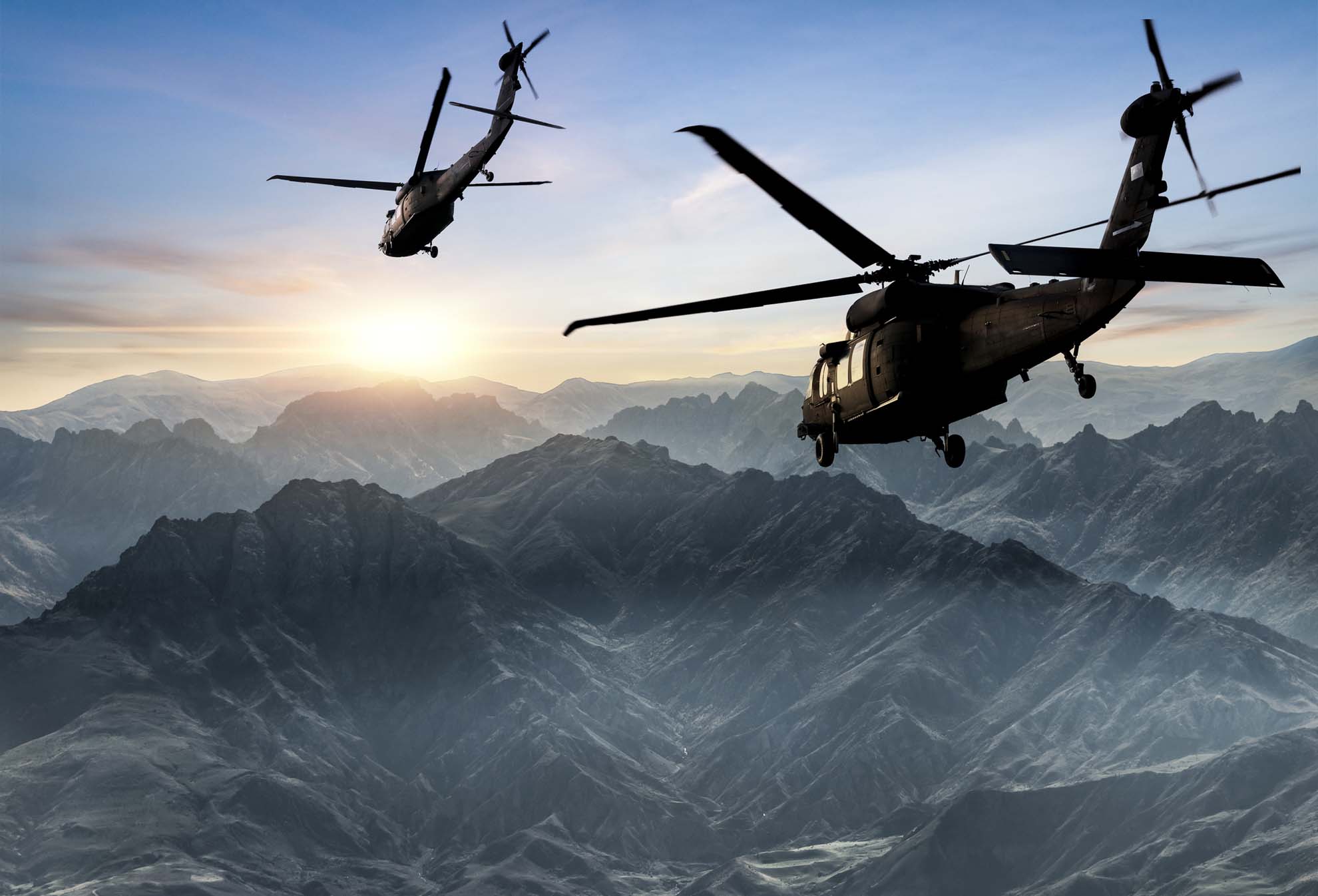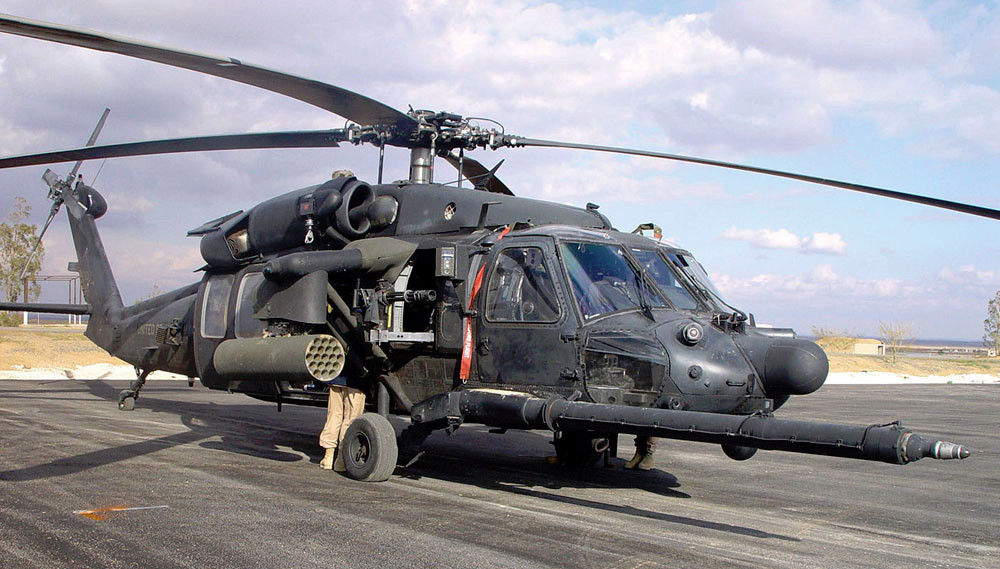Discovering the Thrills and Innovations of the Blackhawk Helicopter
The Blackhawk helicopter stands as a testimony to army aeronautics's advancement, combining technological improvements with sensible applications. What exists in advance for this iconic aircraft, and how will emerging technologies form its future in armed forces procedures?
History of the Blackhawk Helicopter
Because its inception in the 1960s, the Blackhawk helicopter has played a pivotal role in contemporary armed forces aeronautics. Developed by Sikorsky Aircraft, the UH-60 Blackhawk was developed to meet the united state Army's need for a functional utility helicopter capable of executing a variety of missions, including army transportation, clinical discharge, and freight airlift. The design was a response to the constraints of earlier helicopters, specifically in regards to maneuverability, survivability, and rate.
The Blackhawk made its first trip in 1974 and quickly went into service in 1979. Its introduction marked a substantial innovation in helicopter modern technology, featuring a two-rotor system that improved performance and stability. The aircraft's rugged building and construction and progressed avionics permitted it to run effectively in diverse settings and problems.
Throughout the years, the Blackhawk has been continually upgraded, incorporating lessons gained from various combat situations. Its implementation in problems such as the Gulf Battle, Somalia, and the War on Horror additional strengthened its online reputation as an indispensable asset. The Blackhawk's tradition is characterized by its versatility and resilience, making it a cornerstone of armed forces air travel for years.
Secret Features and Requirements
The Blackhawk helicopter is differentiated by its robust layout and progressed technological features, which collectively boost its functional abilities. Made primarily for energy goals, the Blackhawk boasts an optimum departure weight of around 22,000 pounds, permitting it to bring substantial hauls while preserving dexterity.
Outfitted with two General Electric T700-GE-701C engines, the Blackhawk attains a maximum rate of around 183 knots and a variety of 368 maritime miles - Blackhawk Helicopter. Its advanced rotor system features a four-blade primary rotor and a four-blade tail blades, making sure security and maneuverability in numerous flying problems
The helicopter's cabin can accommodate approximately 11 troops or various freight arrangements, showcasing flexibility in goal profiles. Furthermore, the Blackhawk is developed with innovative avionics, including digital trip controls and an extensive cockpit display, improving pilot situational recognition.
For improved survivability, the Blackhawk incorporates ballistic shield and self-sealing fuel storage tanks. Its capability to operate in varied settings, from deserts to icy terrains, even more strengthens its reputation as a reputable system for army and humanitarian operations alike. The Blackhawk's mix of power, flexibility, and durability makes it a keystone of modern airborne capacities.
Innovations in Technology
Innovations in innovation have considerably enhanced the abilities of the Blackhawk helicopter, ensuring it stays at the forefront of military aeronautics. Among the most significant improvements is the combination of sophisticated avionics systems, which supply improved situational recognition with real-time data handling and screen. This technology allows pilots to browse complicated environments a lot more successfully, boosting objective success prices.

Moreover, the intro of digital fly-by-wire systems has transformed the control devices of the Blackhawk, offering smoother handling and raised responsiveness. Collectively, these technological advancements make sure that the Blackhawk helicopter remains a vital possession in contemporary army operations.
Functions in Armed Force Workflow
With sophisticated modern technology enhancing its abilities, the Blackhawk helicopter plays a multifaceted function in armed forces operations. Mostly, it is used for army transport, allowing rapid release and removal of personnel in various fight circumstances. Its sizable cabin can accommodate up to 11 troops, making it a crucial asset for unique operations and massive objectives.
Furthermore, the Blackhawk functions as a medevac platform, furnished to move injured soldiers quickly and efficiently from the battleground to medical centers - Blackhawk Helicopter. Its versatility reaches logistical support, where it site here carries supplies and equipment essential for sustaining armed forces operations in remote areas

The helicopter is additionally important in reconnaissance missions, supplying airborne monitoring and intelligence-gathering capacities. Its capacity to run in varied settings-- ranging from urban settings to extreme terrains-- further solidifies its relevance on the combat zone.
Additionally, the Blackhawk can be equipped with innovative weapons, enabling it to engage in fight and offer close air assistance. This adaptability emphasizes the helicopter's essential role in contemporary military approaches, making it a vital part of armed forces worldwide.
Future Developments and Innovations
Innovations in innovation promise to usher in a new era for the Blackhawk helicopter, improving its abilities and operational efficiency. As the army landscape develops, so also does the emphasis on incorporating advanced technologies right into rotary-wing aircraft. Future advancements for the Blackhawk may consist of enhancements in avionics, such as advanced flight control systems and boosted situational awareness devices powered by expert system. These innovations will certainly promote a lot more accurate navigation and decision-making in complex atmospheres.
Furthermore, the integration of unmanned systems is on the perspective, possibly permitting manned-unmanned teaming operations that can expand objective accounts and minimize threat to employees. The Blackhawk's design is additionally anticipated to incorporate lighter and stronger materials, enhancing fuel effectiveness and general efficiency.

Conclusion
In final thought, the Blackhawk helicopter stands for a considerable accomplishment in military air travel, identified by its adaptability and advanced technical functions. Its historic evolution reflects a regular feedback to functional requirements, Your Domain Name improving capacities in numerous roles such as army transport and medevac operations. Recurring innovations, including the integration of expert system and hybrid-electric propulsion, promise to additional reinforce the Blackhawk's performance and importance in future armed forces involvements, ensuring its condition as a crucial asset on the battlefield.

With sophisticated innovation boosting its capacities, the Blackhawk helicopter plays a complex duty in military procedures. (Blackhawk Helicopter)
Comments on “Check Out the Trick Functions and Goals of the Blackhawk Helicopter Around the World”